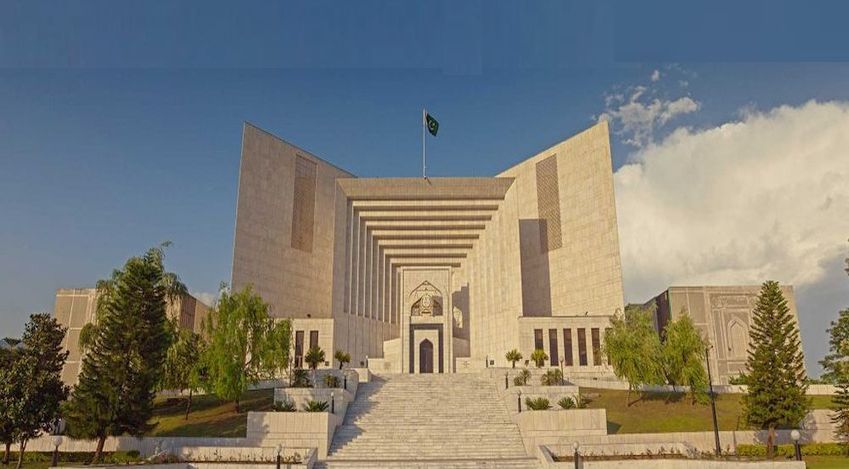The High Court must First Rule on the Condonation of Delay Application before proceeding to Merits --- Supreme Court of Pakistan Remands Tax Case to Back to Lahore High Court
Islamabad 18-03-2025: In a significant ruling, the Supreme Court of Pakistan has remanded a tax dispute involving M/s Muhammad Faisal Prop, F.A. Traders, Lahore back to the Lahore High Court, directing it to explicitly decide on the limitation issue before proceeding to the merits of the case.
The case stems from an income tax assessment dispute where the Federal Board of Revenue (FBR) alleged that the Petitioner, a distributor of biscuits, had made undisclosed purchases worth Rs. 21 million in Tax Year 2013. The Assessing Authority (AA) issued notices under Sections 114, 122C, and 122(5) of the Income Tax Ordinance, 2001, leading to a tax demand of Rs. 5 million. The taxpayer challenged this assessment before the Commissioner Inland Revenue (CIR-A) and later before the Appellate Tribunal Inland Revenue (ATIR), which ruled in his favor. However, the Lahore High Court (LHC) overturned the ATIR’s decision, reinstating the assessment order.
The Supreme Court of Pakistan found that the Income Tax Reference (ITR) filed by the Department was time-barred by 8-9 days, and the Lahore High Court failed to rule on the condonation of delay application before deciding the case. The Court held that limitation is not a mere technicality and must be expressly decided, referencing key precedents such as:
- Asad Ali Vs. The Bank of Punjab (PLD 2020 SC 736)
- Abdul Jabbar Shahid Vs. National Bank of Pakistan (PLD 2019 Lahore 76)
The Supreme Court of Pakistan set aside the High Court’s decision and directed it to:
- Decide on the condonation of delay application first, considering when the objections were removed.
- Clearly specify whether the limitation period was met or not.
- Only then proceed to assess the merits of the case.
The ruling underscores that a time-barred appeal, if not properly condoned, creates a vested right in favor of the taxpayer, making it a crucial precedent for future tax litigation.
Powered by Froala Editor








